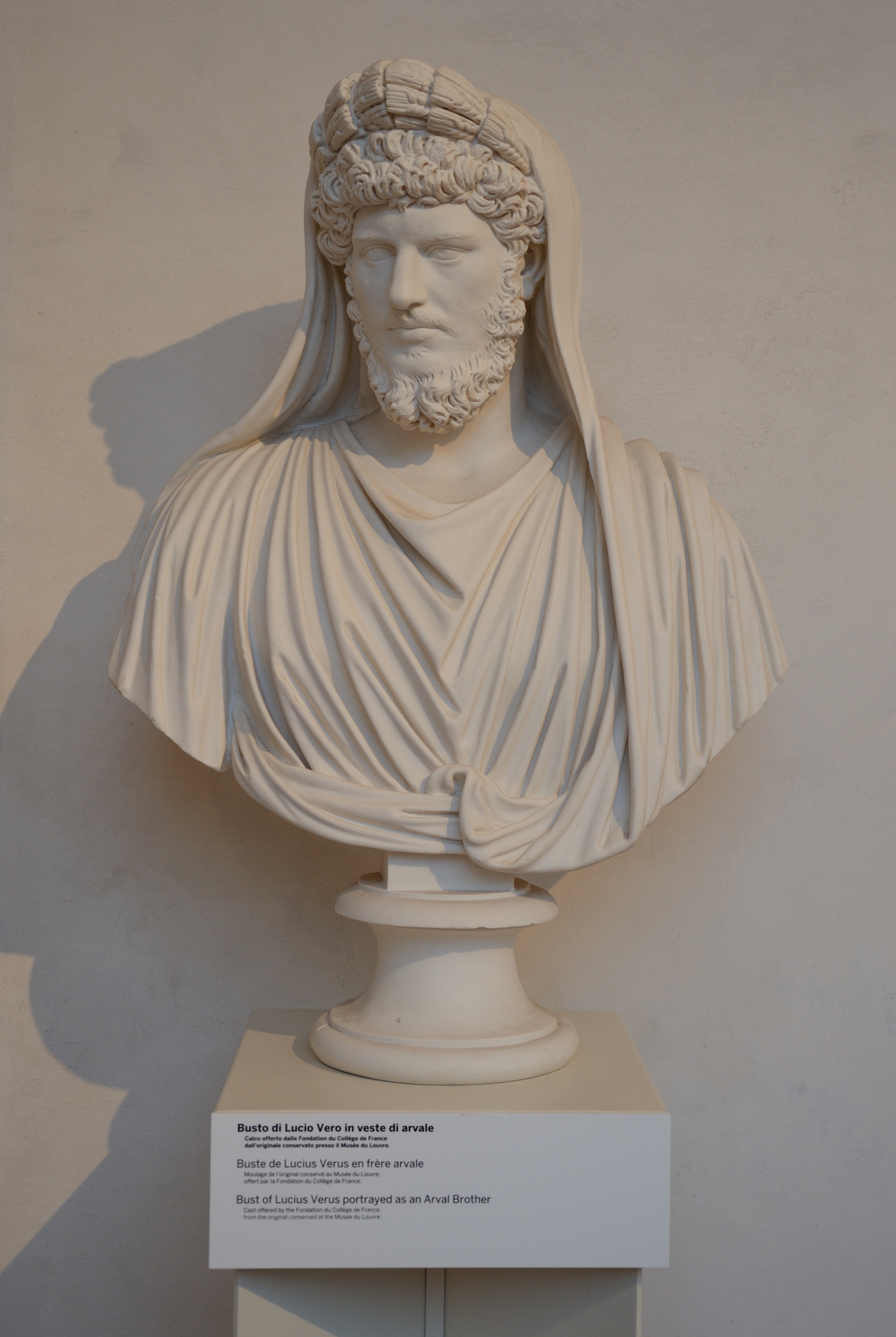Dea Dia on:
[Wikipedia]
[Google]
[Amazon]
 Dea Dia (Latin: "Goddess of Daylight", or "Bright Goddess") was a goddess of fertility and growth in
Dea Dia (Latin: "Goddess of Daylight", or "Bright Goddess") was a goddess of fertility and growth in
5.3
/ref>
 Dea Dia (Latin: "Goddess of Daylight", or "Bright Goddess") was a goddess of fertility and growth in
Dea Dia (Latin: "Goddess of Daylight", or "Bright Goddess") was a goddess of fertility and growth in ancient Roman religion
Religion in ancient Rome consisted of varying imperial and provincial religious practices, which were followed both by the Roman people, people of Rome as well as those who were brought under its rule.
The Romans thought of themselves as high ...
. She was sometimes identified with Ceres, and sometimes with her Greek
Greek may refer to:
Anything of, from, or related to Greece, a country in Southern Europe:
*Greeks, an ethnic group
*Greek language, a branch of the Indo-European language family
**Proto-Greek language, the assumed last common ancestor of all kno ...
equivalent Demeter
In ancient Greek religion and Greek mythology, mythology, Demeter (; Attic Greek, Attic: ''Dēmḗtēr'' ; Doric Greek, Doric: ''Dāmā́tēr'') is the Twelve Olympians, Olympian goddess of the harvest and agriculture, presiding over cro ...
.
She was worshiped during Ambarvalia
Ambarvalia was a Roman agricultural fertility rite, involving animal sacrifices and held on 29 May in honor of Ceres, Bacchus and Dea Dia. However, the exact timing could vary since Ambarvalia was a "fariae conceptivae" - a festival not bound ...
, a festival to Ceres. Every May, her priests, the Fratres Arvales
In ancient Roman religion, the Arval Brethren (, "Brothers of the Fields") or Arval Brothers were a body of priests who offered annual sacrifices to the Lares and gods to guarantee good harvests. Inscriptions provide evidence of their oaths, r ...
, held a three-day festival in her honor.Notes on Strabo's account5.3
/ref>
Name
The name ''Dea Dīa'' () means 'Goddess of Daylight' or 'Bright Goddess'. The first element stems from the Latin ''dea'' ('goddess'), while the second is related to ''diēs'' ('day'), probably in reference to the ritual prescription to announce in January the May ceremonies ''sub divo culmine'' ('under the celestial vault').See also
* Other goddesses also known as Dea ("The Goddess") * Other goddesses also known as Dia ("The Divine One")References
Bibliography
* *Further reading
* * * {{Authority control Agricultural goddesses Roman goddesses Ceres (mythology)